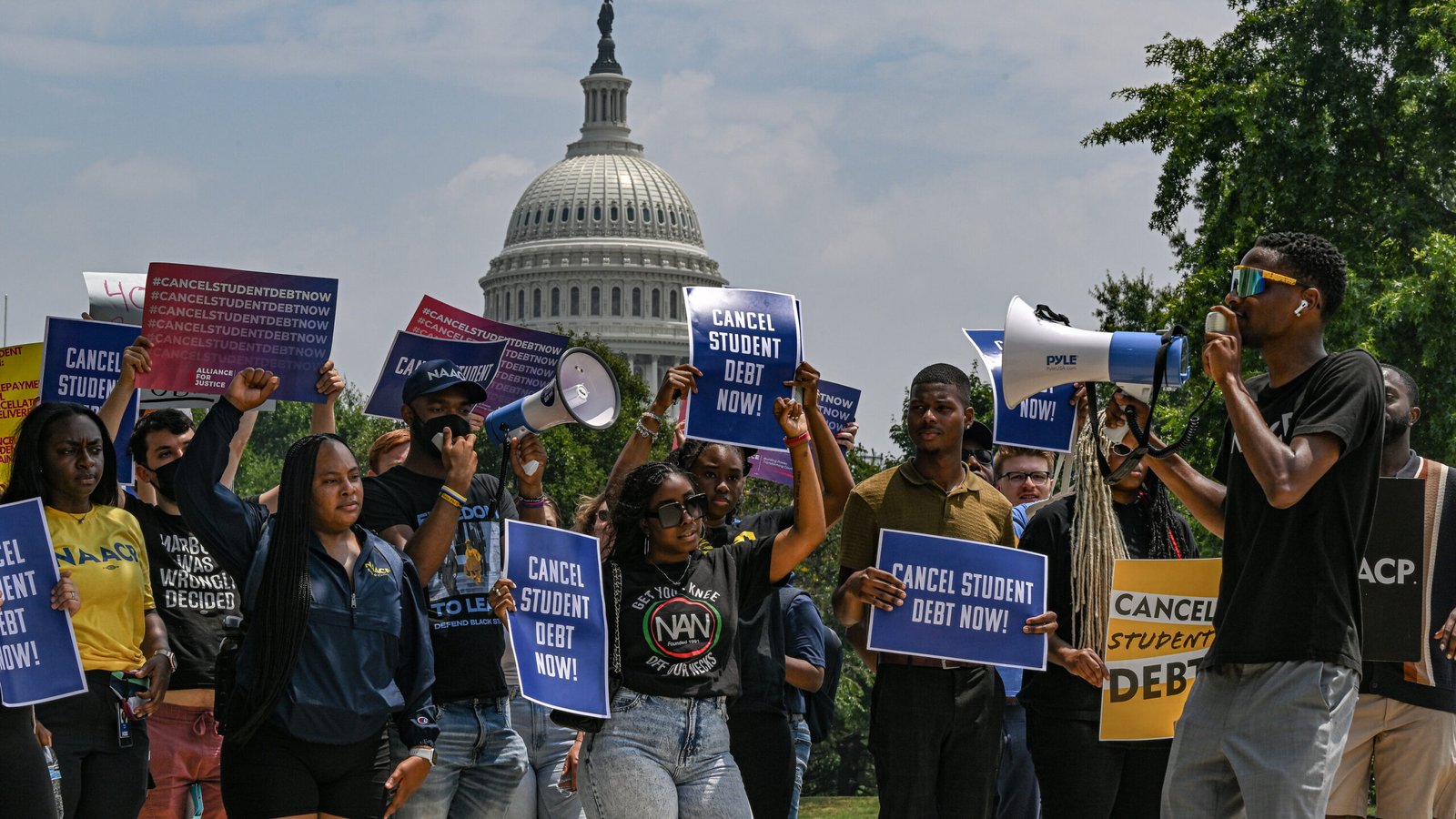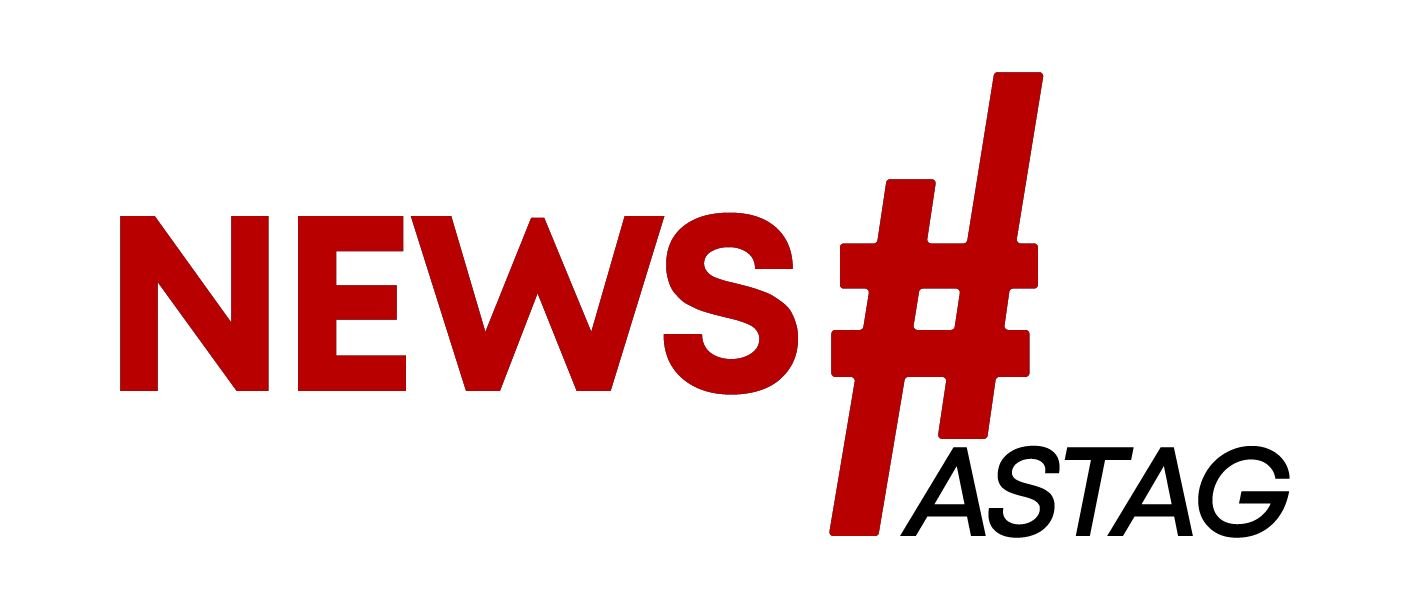President Joe Biden is determined to find a way to address student loan forgiveness, even after the Supreme Court struck down his initial relief plan on June 30. In a statement following the court’s decision, Biden expressed his resolve to continue the fight and unveiled a new strategy to reduce people’s loan balances.
The president’s first attempt at forgiveness, introduced in August 2022, aimed to alleviate up to $20,000 in education debt for millions of Americans. Biden justified his plan by invoking the Heroes Act of 2003, a law that grants the president broad powers to revise student loan programs during national emergencies. Given the economic impact of the Covid-19 pandemic, the administration argued that the crisis qualified as such an emergency, with millions of borrowers facing worsening financial situations and the potential for a surge in delinquencies and defaults without loan cancellation.
However, Biden’s forgiveness plan faced significant legal challenges from Republican-led states and conservative groups. These lawsuits, accusing the president of executive overreach, questioned the legality of his actions and the high cost associated with the policy—estimated at $400 billion, making it one of the most expensive executive actions in U.S. history. Eventually, it was the case brought by the states that successfully blocked Biden’s program.
With the Heroes Act invalidated, the Biden administration has shifted its focus to the Higher Education Act as a potential avenue for student loan forgiveness. Signed into law by President Lyndon B. Johnson in 1965, this legislation grants the Secretary of Education the authority to waive or release borrowers’ education debt. Academic experts and proponents of student loan forgiveness, including Senate Majority Leader Chuck Schumer, have urged Biden to utilize the Higher Education Act as a legal basis for his forgiveness efforts.
While campaigning for the presidency, Biden faced pressure from his base of support, including Senator Elizabeth Warren, who pledged to forgive student loans shortly after taking office. Legal experts from Harvard Law School’s Project on Predatory Student Lending argued that such forgiveness would be lawful and permissible under the Higher Education Act. Similarly, Luke Herrine, an assistant professor of law at the University of Alabama, proposed in a paper that the president could cancel a significant portion of student debt using the “compromise and settlement authority” granted by the HEA.
So why didn’t Biden choose the Higher Education Act initially? One reason is that the Heroes Act specifically addresses national emergencies, which was a critical consideration during the Covid-19 pandemic. Additionally, the Trump administration had previously used the same authority under the act to pause federal student loan payments at the start of the crisis, establishing a precedent. Furthermore, the Heroes Act’s emergency nature allowed for a more expedited process compared to the lengthier rulemaking process typically associated with the Higher Education Act.
Moving forward, the new path chosen by Biden is expected to take longer due to the reliance on the rulemaking process. This process involves steps such as a public comment period and is estimated to take around a year to complete. Consequently, if successful, borrowers may not experience forgiveness until around the time of the next election.
However, there are concerns that this alternative strategy may face similar legal challenges as the previous attempt. Experts anticipate that the Supreme Court would remain skeptical of broad interpretations, potentially leading to further legal battles. Nevertheless, there are potential factors that could sway the outcome. For instance, the Biden administration did not pursue the rulemaking process in their first attempt, and courts typically defer to such processes. The administration may also choose to narrow the scope of the forgiveness plan, targeting specific groups such as long-term payers or repeat defaulters, which could make it easier to justify before a skeptical court.
Regardless of the outcome, the push for student loan forgiveness is unlikely to wane. Momentum in Congress and alternative means of addressing the issue may gain traction, ensuring that the topic remains a prominent issue for debate and potential action. The journey to finding a comprehensive solution to student loan debt is far from over, and its resolution will continue to shape the future of higher education in the United States.





